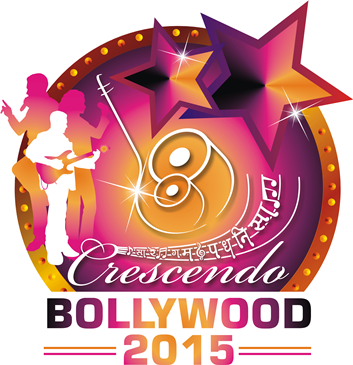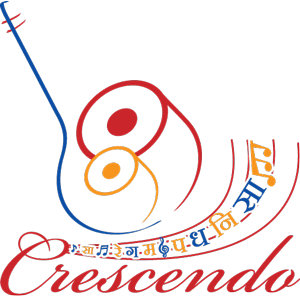| Allaudin Khan | ||
|---|---|---|
| Gharana | Sitar - Rampur-Maihar |  |
| Speciality | Sarod | |
| Guru |
||
| Born | Please login to view this information | |
| Died | Please login to view this information | |
| More information at : | Please login to view this information | |
| Short Bio : | Information submitted below has been put here only for educational purpose and has been submitted by community users and users of the site. SwarGanga has not verified any copyright and takes no responsibility whatsoever. If you feel that you own copyright to the material below, please let us know and we will with you on the same. Allauddin Khan, also known as Baba Allauddin Khan was a multi-instrumentalist, composer and one of the most renowned music teachers of the 20th century in Indian classical music. He basically played Sarod, but also used to play been, sitar, israj, sursingar, rabab, violin, tabla, pakhawaj, etc. Allauddin Khan was born in Shibpur village in Brahmanbaria District (now in Bangladesh), the son of Sabdar Hussain Khan, also known as Sadhu Khan. Allauddin's elder brother, Fakir Aftabuddin, first taught him the basics of music at home. At the age of ten, Allauddin ran away from home to join a jatra band, a traditional Bengali form of theater. This experience exposed him to the rich folk tradition of Bengal. After some time, he went to Kolkata, and was accepted as a student by singer Gopal Krishna Bhattacharya, alias Nulo Gopal. Allauddin committed to a 12-year practice program; however, Nulo Gopal died of plague after the seventh year, so Baba left singing and started learning instrument. He became a disciple of Amritalal Dutt, a close relative of Swami Vivekananda and music director at Kolkata's Star Theatre, with the goal of becoming an instrumentalist. At this time, he also took lessons in European classical violin from Lobo, a bandmaster from Goa. Khan got interested in Sarod after listening to a concert of Ahmed Ali Khan, a student of Asghar Ali Khan (Amjad Ali Khan's granduncle). Allauddin became his student and studied under him for five years. His next step was to go to Rampur for lessons from court musician Wazir Khan Beenkar and one of the last direct descendants of the legendary Tansen. Through him, Allauddin was given access to the Senia gharana (Tansen school of music). Allauddin Khan later became the court musician of Brijnath Singh Maharaja of Maihar Estate in Central Province. Allauddin stayed at Maihar from 1918 to his death. In 1955, he established a Maihar College of Music. In 1935, he toured Europe, along with Uday Shankar's ballet troupe, and later also worked at his institute, 'Uday Shankar India Culture Centre' at Almora for a while. During his lifetime, he composed several ragas and laid the foundation of a modern Maihar gharana. Amongst his recording which are rare, the most important ones are those he recorded with the All India Radio in 1959-60. He was the father of sarod maestro Ali Akbar Khan and Annapurna Devi, as well as the guru of Ravi Shankar, Nikhil Banerjee, Vasant Rai, Pannalal Ghosh, Bahadur Khan, Sharan Rani and other influential musicians. For though he gave concerts on the sarod, Allauddin played many instruments, something that shaped his pedagogy. He put together an orchestra with Indian instruments, the String Band now known as Maihar Band, and while his son, Ali Akbar Khan, was taught the sarod, his daughter Annapurna Devi (Roshanara Khan) learned the surbahar, students such as Ravi Shankar and Nikhil Banerjee played the Sitar, Rabin Ghosh played on violin and Baijnath Singh and Pannalal Ghosh the bansuri. Baijnath Singh was first and Vasant Rai was Allauddin Khans last student. Baba created many ragas, such as Manjh Khamaj, Durgeshvari, Haimanti, Hem-Behag, Hemant Bhairav, Jaunpuri Todi, Kedar Manjh, Komal Marwa, Madanmanjari, Madhabsri, Madhavgiri, Malaya, Meghbahar, Muhammed, Nat-Khamaj, Prabhakali, Raj Bijoy, Subhabati, Sugandha and Surasati. Many of these have not become common Maihar repertoire; Manjh Khamaj is perhaps the best known. He was awarded the Sangeet Natak Akademi award (1954), Padma Vibhushan (1971). |
|
| Disciple tree | Please login to view this information | |
You might also like the following videos we randomly search for you from youtubePlease wait while we randomly search some videos |



